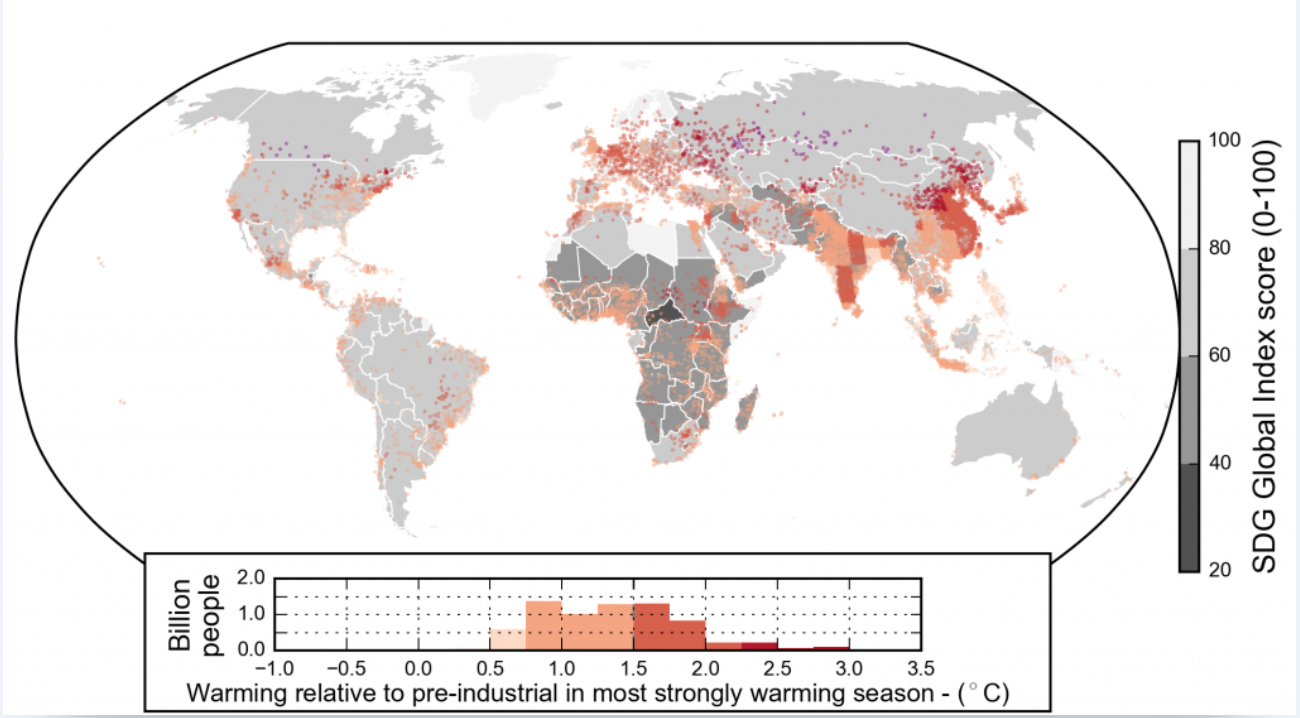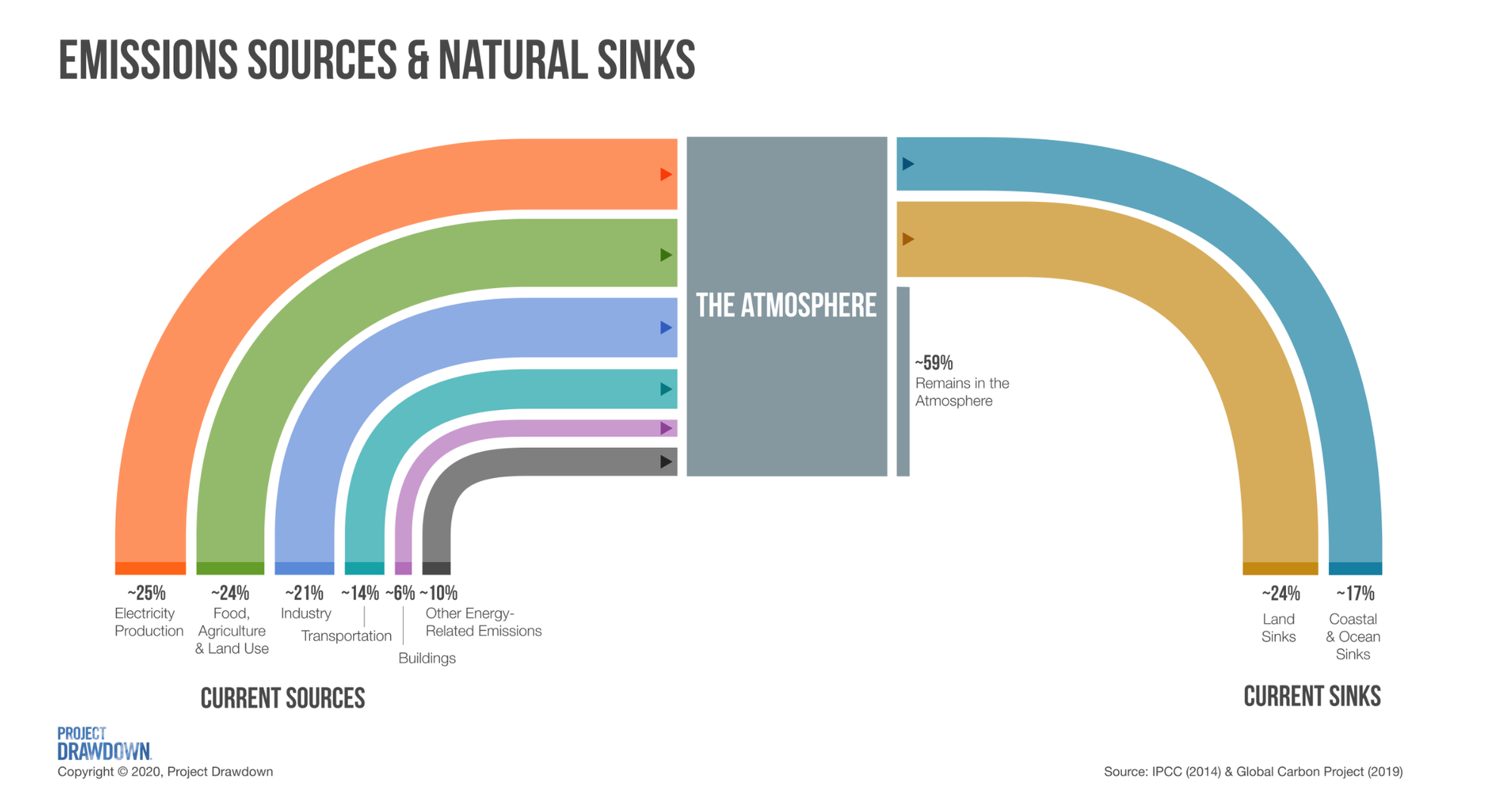Behavior Change & Carbon Accounting
Scientists have put a lot of effort into quantifying the amount of greenhouses gases we can safely add to the atmosphere. It is a negative amount at this point. We have already warmed the planet.

According to the National Ocean and Atmospheric Administration (NOAA): "The combined land and ocean temperature has increased at an average rate of 0.11° Fahrenheit (0.06° Celsius) per decade since 1850, or about 2° F in total. The rate of warming since 1982 is more than three times as fast: 0.36° F (0.20° C) per decade." (climate.gov)
According to the Intergovernmental Panel on Climate Change (IPCC), this has caused the "global surface temperature [to reach] 1.1°C above 1850-1900 in 2011-2020." (ipcc.ch)
The Paris Agreement and all the furor around year 2030 or 2050 is to LIMIT the warming to 1.5 degrees celsius (ippc.ch). 1.5 degrees celsius is 2.7 degrees Fahrenheit. In absolute temperatures, this may not seem like a lot, but its the difference between a normal body temperature and running a fever. It can also cause a pretty big difference in weather patterns.
Of course, weather does not change consistently. Some places will get hotter and some will get colder, but on average, the planet is warming faster and faster. And as it changes, the weather gets weirder and harder to predict (epa.gov).
Now if you're a scientist, or the kind of person who likes to think analytically and quantify things with numbers, you see the challenge of Climate Change as fundamentally a question of accounting. If we subtract emissions here and there, reduce in a bunch of places, stop new planned emissions, and build nature back up enough to absorb some more, then we will eventually get it down enough to be manageable.
Of course there are real challenges with measurement and reliability. But, if we managed to work together and make a concerted effort, it could be done. We actually know most of what needs to be done (drawdown.org). There is some technology that still needs to be developed, but most of it is achievable. Humans have done harder things.

The real problem is, of course, that governments and most people are not terribly analytical. Or at least, we're not always very consistent at allowing analysis to guide our behavior. Even climate scientists like a hamburger from time to time and can enjoy driving a nice sports car and going on trips to the Bahamas.
So then the real question is not just: 'what do we do to lower our carbon emissions?' but, 'how do we do those things really?' Changing our behavior is hard, especially when it feels like we're trying to do it alone. That's why it's really important that we develop a new vision for what it means to live well, not just for the planet but truly for ourselves. We can't feel like we're under fire, or depriving ourselves. We need to see and believe in a rich, new, better world, so we want to reach for it, help create it. It's not just a rational choice. It has to be an emotional one as well.
We also need to model how it can be done for other people, and share our learning. Equally important, we have to be accepting of the journey and the process. We have to try to push people to do better (as fast as possible, honestly), but we also have to be accepting when they don't want to, or when they make mistakes. It's a difficult balance - to stay true to the science and yet honor our nature as humans.
Keep on keeping on.